Is sugar a poison? Can you become addicted to sugar? And if so, what can you do about it? We're doing "health day" here at FREEDOMtravel and today I thought we'd talk about sugar.
Innehållsförteckning
Before we start ...
Why do we write about food and health? I (Helena) am a medical doctor in public health, specialising in nutrition and physical activity. We've chosen to focus on health for a few Wednesdays, and I simply use the research as a starting point, i.e. the combined results of all the world's research. In simple terms, it can be explained like this: If, for example, there are 20,000 studies on sugar and health worldwide, and 19,900 clearly point in the same direction, then that is the basis for the researchers' conclusion.

Why do we like sugar and sweets?
Most of us like things that taste sweet, albeit to slightly different degrees. Originally, nature was probably smart enough to let us enjoy sweet flavours. This is how we found nutritious and non-toxic fruits and berries. In the Stone Age, it was probably great to like sugar. The more sweet fruits and berries you could munch on, the better! Biologically, we are pretty much the same creatures today as we were then, but we live in a completely different environment.
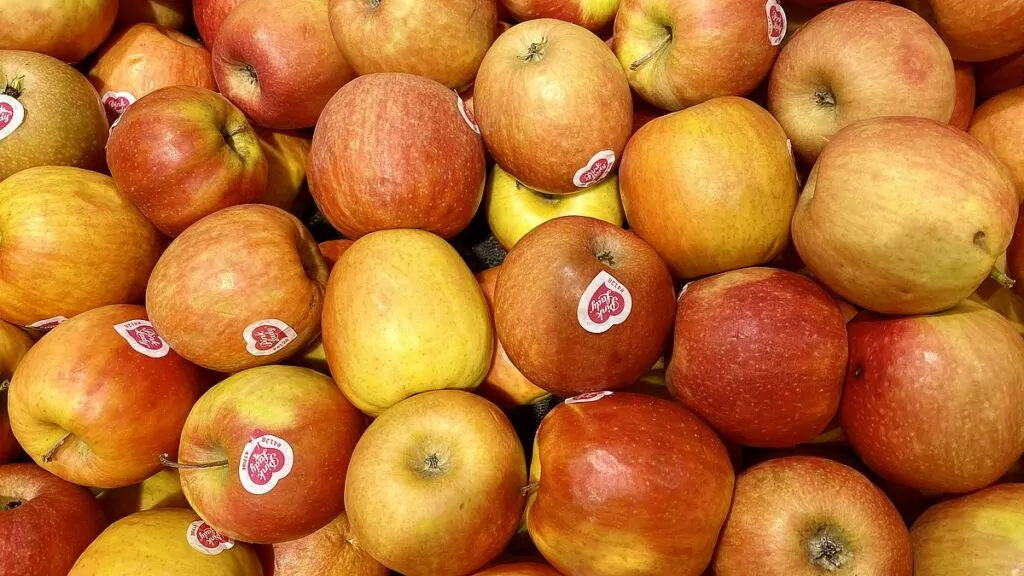
Sugar in today's society
Sugar is still naturally present in many foods, such as fruits, some vegetables and milk. The big difference today is that we can also extract sugar and add it to extra much of the good stuff in many different products. Adding sugar is often a way to get more people to buy the product!
Is added sugar dangerous?
In nutritional terms, there is no difference between added and natural sugar. The problem with added sugar is that it's more than it should be - and that it may be in products where you don't get any nutrition. In the past, sugar attracted us to the nutritious apple. Today, sugar attracts us to coca cola or loose candy, i.e. products without any nutrients.
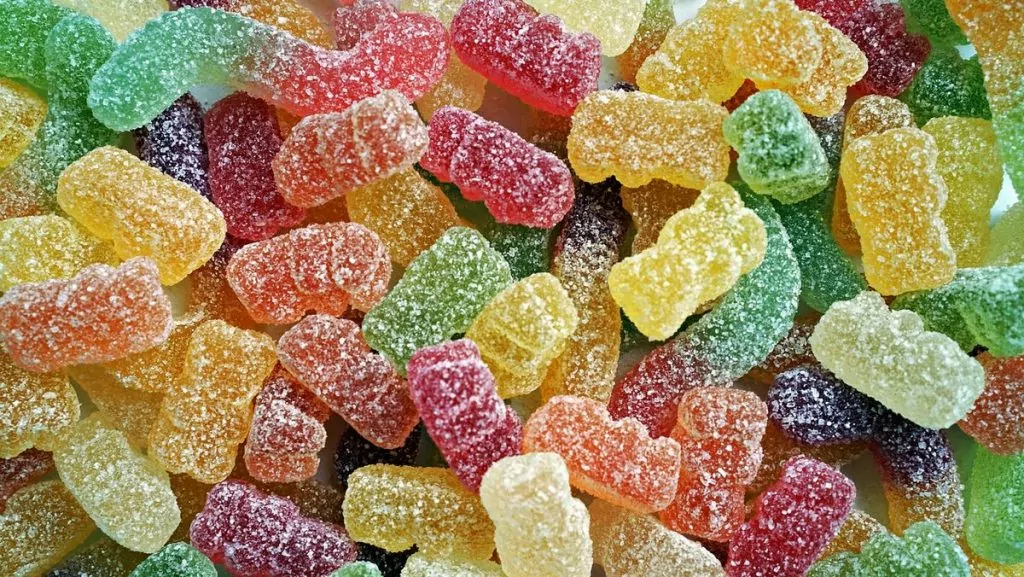
Is sugar a poison?
Sugar is not a poison but a carbohydrate, which is naturally present in many foods. For example, sugar is found in the form of:
- glucose (dextrose)
- fructose (fruit sugar)
- sucrose ('regular' sugar, consisting of glucose and fructose)
- lactose (milk sugar)
So sugar is not 'dangerous' if you eat limited amounts. However, there is a risk of consuming more than is good for you, which can have negative effects on your health.

Are we eating too much sugar?
According to the Nordic Nutrition Recommendations, no more than 10 per cent of the total energy intake should come from added sugar. An average Swede is at about that level today, according to Riksmaten 2010-2011. If you want, you can compare this with the Americans, who are at around 20 per cent energy on average.
You might think that we are eating more and more sugar, but figures from both food surveys and market studies show that the situation is fairly stable over time. However, we have changed our pattern a bit. We used to get more sugar from baked goods, desserts and jams. Today, sugar comes more from soft drinks, juices, sweets and sweet dairy products. However, studies show that children eat more added sugar than recommended.
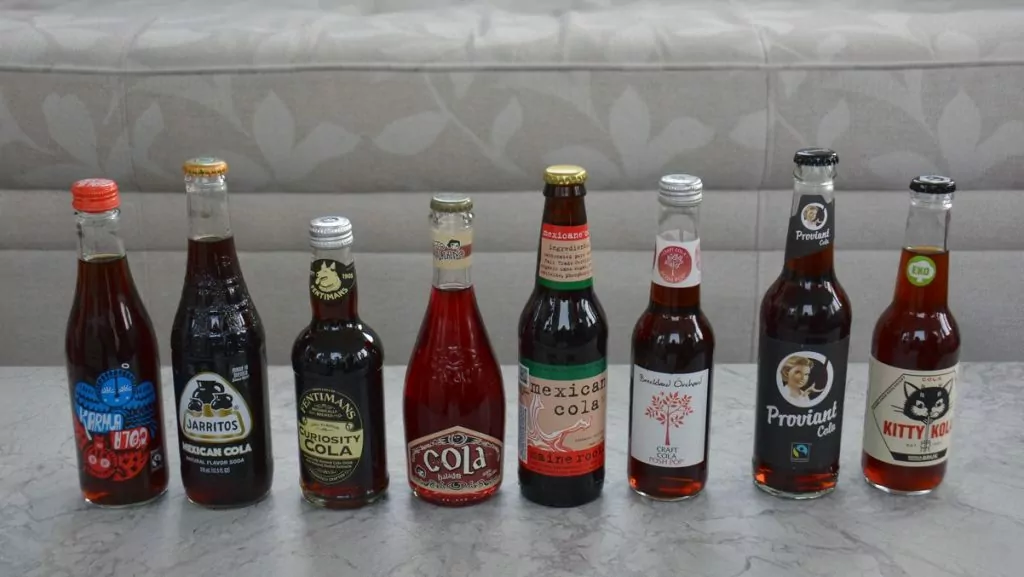
Is there sugar in meatballs and liverwurst?
Some ready-made products, such as many packages of meatballs and liver pâté, contain some sugar. If this is the case, it will be indicated on the list of ingredients and you can try to avoid it. However, my advice is not to worry too much about these small amounts of sugar. All studies show that our possibly excessive sugar consumption is due to other factors.
Why should we not eat too much sugar?
Sugar is not a poison, but it is still not good to eat too much sugar. The risk with sugar is that you can get:
- too much energy (which can lead to weight gain)
- too little nutrition (because you get full on products that contain sugar but no nutrition)
- tooth decay

Can you become addicted to sugar?
Sugar addiction is a topic that has sometimes been 'hotly' debated. Can you get addicted to sugar or not? This is not only a medical issue, but also a bit of a language issue. That is, what do we mean by 'addiction'?
There is no scientific evidence that sugar can be addictive in the same way as tobacco or heroin, for example. A person who is addicted would like to have the drug in its purest form, which in the case of sugar addiction should mean a quest for powdered sugar or sugar cubes.
That's not really how it works. Men on the other hand, it has been shown that people can become addicted to all sorts of things. For example, 'gambling addiction' is a diagnosis, and the problem can be just as complex. If you feel that you have a problem, then of course you do.
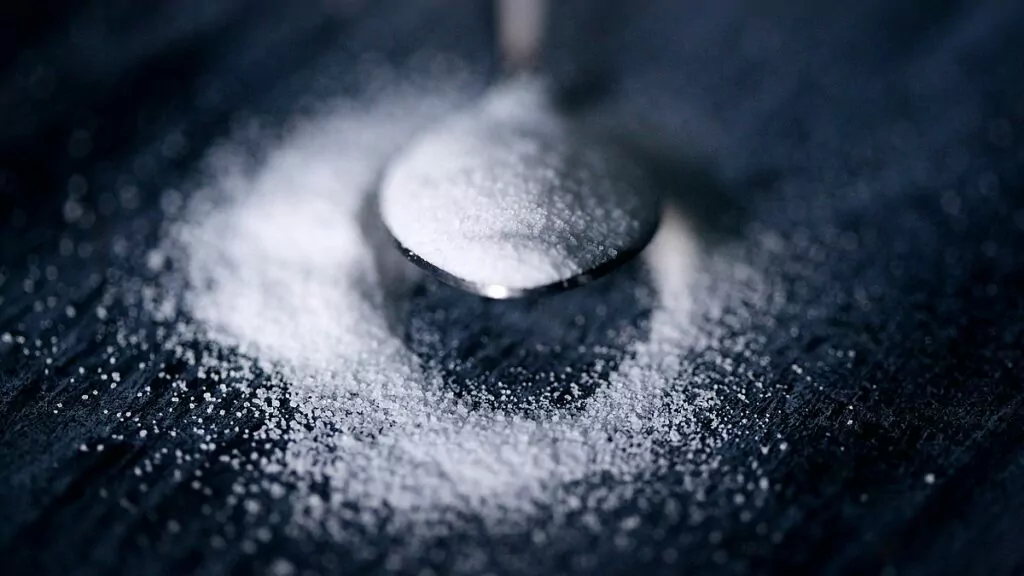
What can you do if you feel addicted to sugar?
If you feel that you are addicted to sugar or sweet products, this is obviously a problem, and I was asked what you can do. I can't say for sure what causes the sugar craving, but I can imagine a few different possibilities.
- Maybe there is too much time between meals, so a craving for energy arises?
- Maybe you're really tired, and you're trying to cheer yourself up with products containing sugar (which provides quick energy)?
- Perhaps you have got used to rewarding or comforting yourself with things that are sweet and tasty?
I certainly don't have all the answers on what to do. I think it might be good to think about what the "addiction" might be. Can you perhaps find better snacks, improve your sleep or find other ways to reward yourself? Or maybe you can find a friend to chat with when things get tough? Of course, in some cases it may also be a good idea to seek professional help.
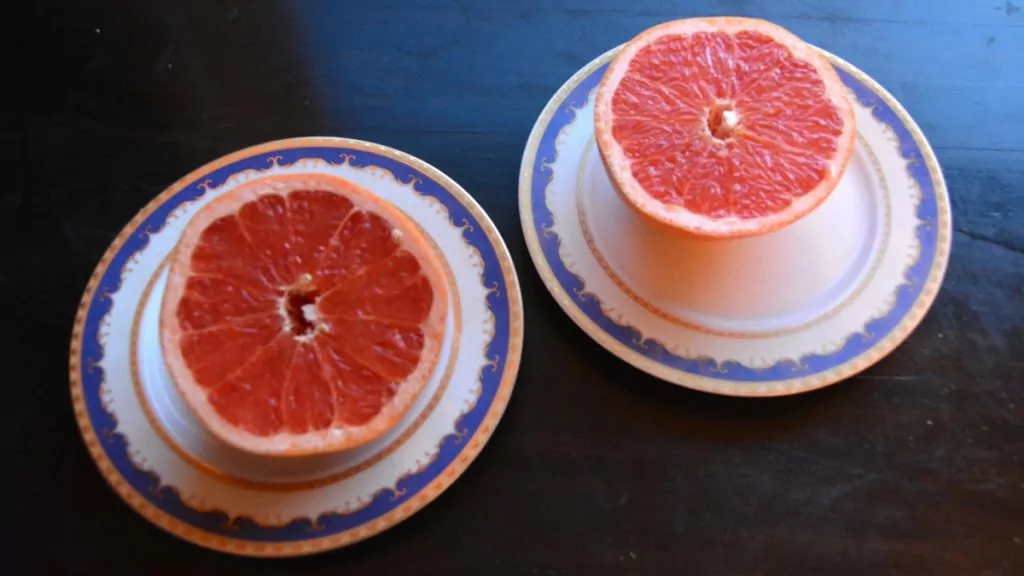
Summing up
Okay, this was quite long, so I'll summarise:
- Sugar is not a poison, but a carbohydrate
- Sugar is naturally present in many foods
- Added sugar is not more dangerous - but often means too much of it.
- Too much sugar is not good for your health
- Sugar is not addictive in the same way as tobacco or heroin, but you may still experience an addiction to sweet products.
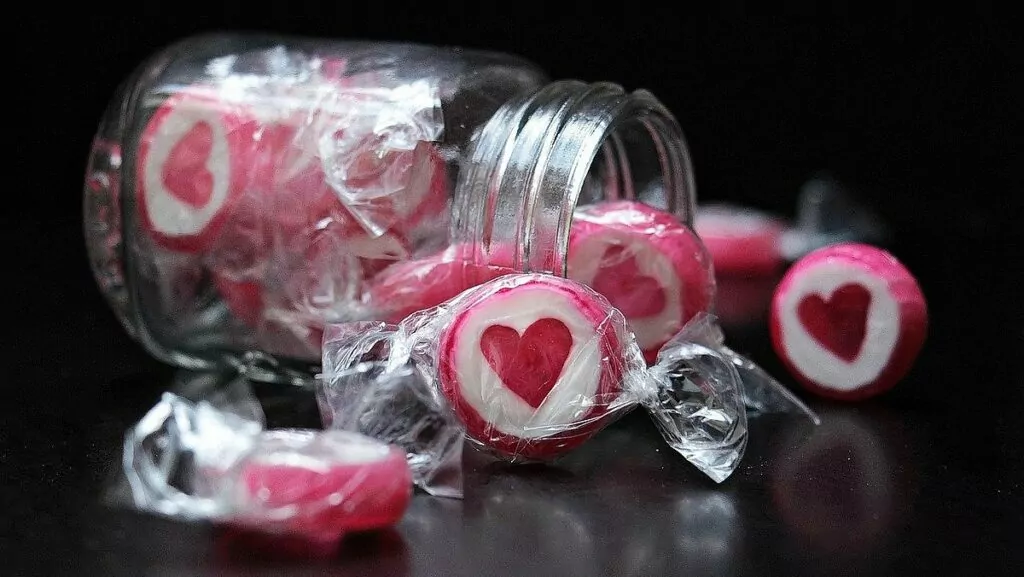
More reading on food and health
Here are some more readings from previous 'health days':

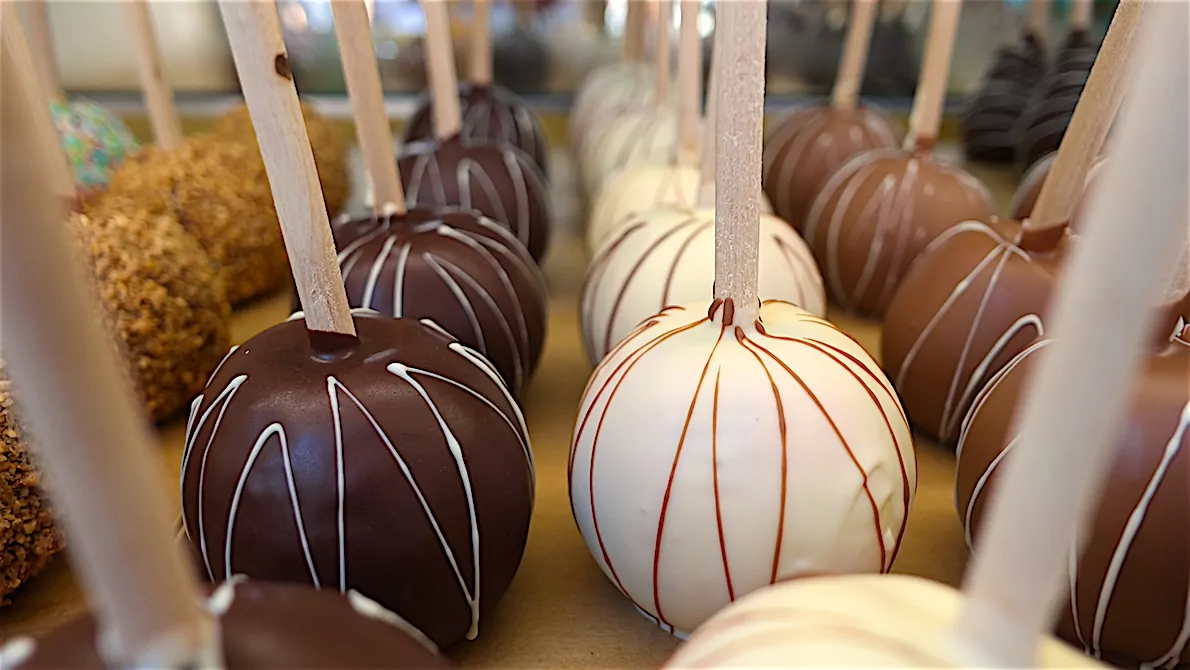










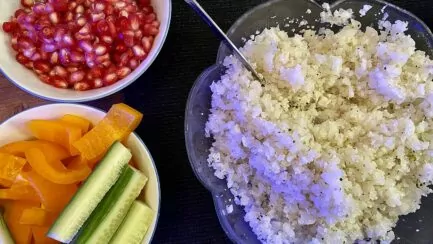
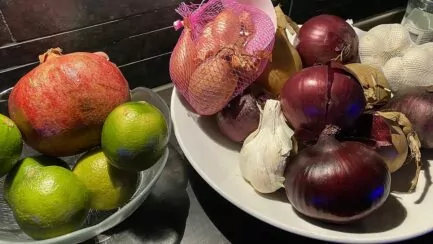


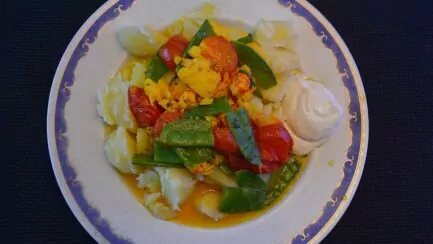



Lena+i+Wales+och+Spanien says:
Very interesting! Thanks again for all the easy-to-understand information.
I almost thought that people ate more sugar in the past than nowadays, a bit of a surprise for me. There used to be a lot of desserts, more home-made cakes and buns, seven kinds of cakes at parties, sugar in coffee and biscuits.
I think the more food you make from scratch, the more you know what you're putting into it. If you make your own meatballs and bake your own bread, you know what's in it, at least to a large extent, not 100%, but as much as possible.
Take care!
24 February 2021 - 13:49
Helena says:
As you say, it is quite true that people used to eat more cakes and have more sugar in their coffee. But sugar has probably just moved on. Today we often drink sugar in the form of soft drinks, juices, smoothies and wine. Yoghurt is often sweetened and there are many sweet cereals and muesli and such. And then there are sweets. So we probably get the sweet stuff today too, although we may eat less cakes 😉 Of course, you have more control if you cook yourself from scratch. It is good if you can and have time, but sometimes it is also practical to use some semi-finished products after all.
24 February 2021 - 18:14
Christina says:
Many thanks, so much good, important and interesting info, you are truly versatile. You daily find new and exciting areas for us to read about, despite not travelling and reporting on them.
Many greetings Christina
24 February 2021 - 17:26
Helena says:
Thank you, what a nice comment! Yes, the content may be a bit mixed now that we can't travel 😉.
24 February 2021 - 18:17
BP says:
Just thinking about today's sugar intake with soft drinks, juices, sweets and sweet dairy products. They hardly existed when I was young. Or there were, but my mum didn't buy them. She cooked all the food and baked all sorts of good things. We always had dessert in the form of pickled fruit or a sponge cake with fruit on it. In fact, I don't remember ever drinking or eating sweets. The occasional piece of chocolate definitely went down.
Maybe that's why I don't like sweets, because I didn't grow up with them.
Thanks for an interesting post:-)
24 February 2021 - 18:09
Helena says:
No, but exactly! We also ate cakes and desserts at home when I was a child, but instead we very rarely ate sweets and did not drink soft drinks. Glad you liked the post! 🙂
24 February 2021 - 18:19
Lena - gott för själen says:
It's very surprising that we don't eat more sugar now than "in the past".
It becomes a negative spiral for me, as I have been eating food and other things with a lot of carbohydrates for a period of time. Then the cravings become greater for even more carbohydrates. For example, after Christmas and Easter. It's like my body gets out of balance and I crave more often. When I exercise a lot and eat a lot of food, there is no craving at all. I do not think about it and do not take anything when it comes on the table. Without knowing the area so well, I can imagine that it has to do with blood sugar. That it more easily becomes a roller coaster ...
Hug Lena
24 February 2021 - 20:41